HotSpots H2O: In Burkina Faso, Seasonal Floods Spread Illness, Uproot People
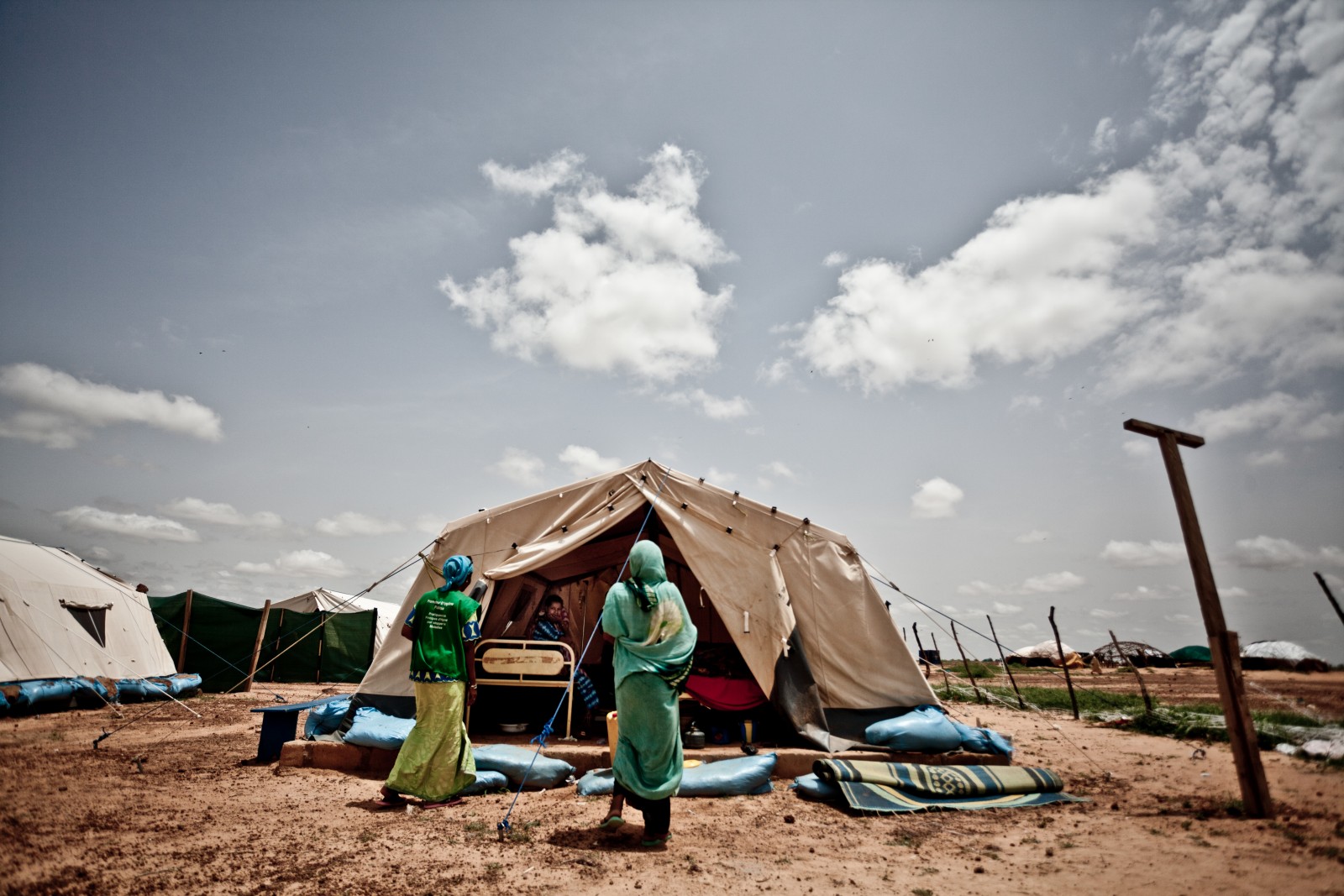
Mentao refugee camp in Burkina Faso © Oxfam International
The rainy season has hit Burkina Faso, and with it an array of flooding and waterborne disease that has uprooted people from their homes.
As of this summer, the number of internally displaced people in the landlocked West African country has grown close to a million. Besides the weather, violent attacks by extremist groups have caused thousands to leave their homes and take shelter in camps in remote areas. In the past six months, the number of people displaced in the Center-North region has doubled. The country also hosts over 25,000 refugees from Mali, where violence and insecurity are also prevalent.
Heavy rains began in early June, particularly affecting Kongoussi, Pensa, and Barsalogho, where flooding destroyed 669 shelters and damaged 2,900 others. Basic services such as healthcare, clean water, hygiene kits, and food are limited.
In an interview with Doctors Without Borders, one woman, Awa, who abandoned her home, explained the living conditions in Pensa commune, where she is staying. “We’ve been living in the city hall building for 12 months now,” Awa said. “When it rains at night we can’t sleep because water comes in from the roof. Before we had our homes and all that we needed. Now we feel miserable.”
Shelters and emergency living spaces cannot survive the strong winds and heavy rains. Nabonswendé, a displaced Burkinabé man, lives in a tented area near Pissila, located some 80 miles northeast of the capital, Ouagadougou. When the rains first hit, the tents flooded and residents stood waiting until the morning.
The rainy season has also left the communities concerned about waterborne diseases. Pools of stagnant rainwater can harbor bacteria that cause cholera and acute watery diarrhea in adults and children. Without proper medical treatment, cholera can kill within hours.
Standing rainwater is also a common breeding ground for mosquitoes. The insects can easily spread in displaced communities, where there are overcrowded living conditions and lack of water and sanitation.
For those Burkinabé who are displaced, parents cannot afford to take their children to the doctor if they contract a disease. Those who do seek medical care may end up in debt.
Hassan Maïyaki, the head of mission in Burkina Faso for Doctors Without Borders, noted that children are very vulnerable to diseases such as malaria. Last year, malaria was the most common condition in displaced patients and this year seems no different as 7,231 people have been treated since January. In the Center-North region, 60 percent of displaced people are children.
As medical teams from Doctors without Borders attempt to meet these demands by setting up free clinics in remote areas and providing basic health services, a more permanent global approach is needed for the severity of this situation.
“To be able to guarantee the wellbeing and health of these people,” Maïyaki said. “They need better living conditions, including adequate shelters and a clean environment with functioning latrines, especially during the rainy season.”
Elena Bruess writes on the intersection of environment, health, and human rights for Circle of Blue and covers international conflict and water for Circle of Blue’s HotSpots H2O.

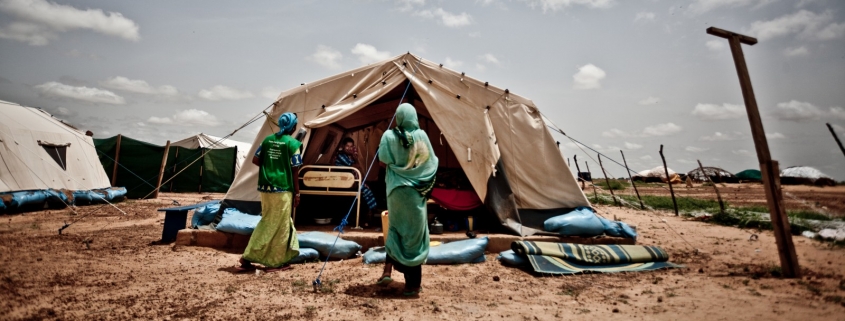
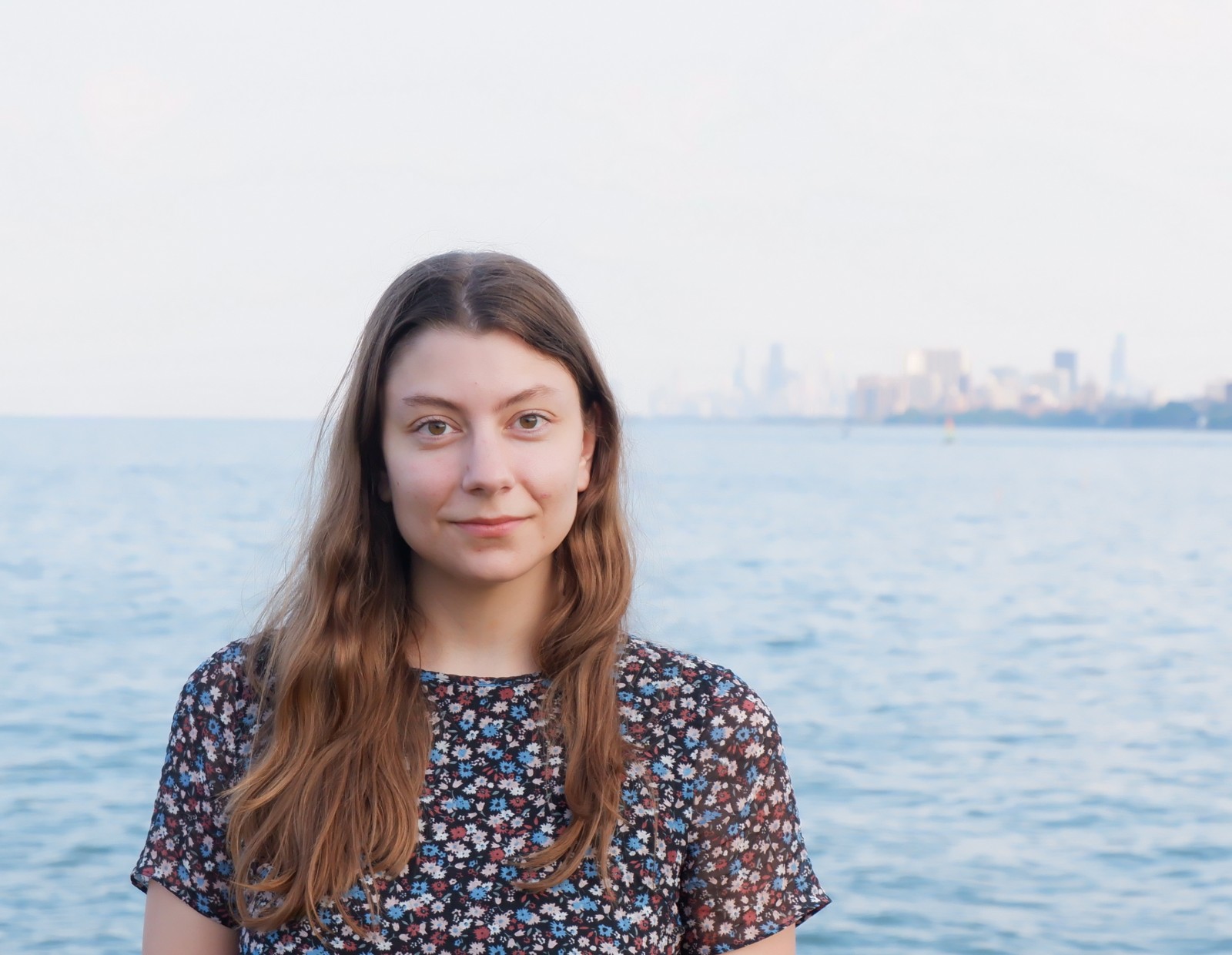
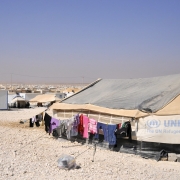
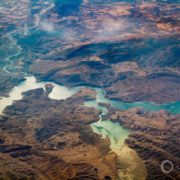
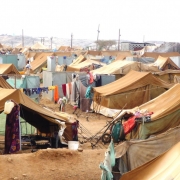

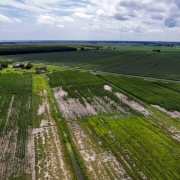



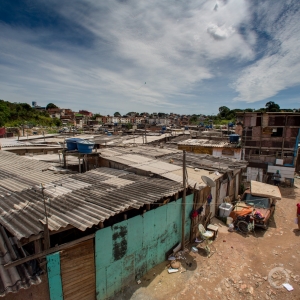
Leave a Reply
Want to join the discussion?Feel free to contribute!